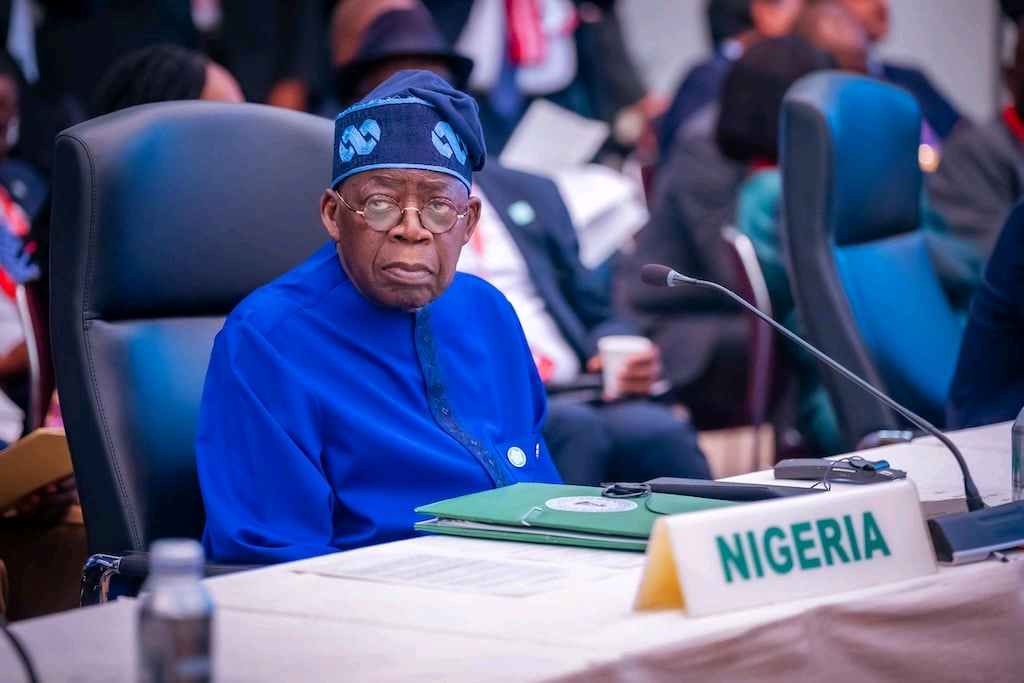Despite the escalating insurgency and security challenges across the country, no fewer than 500 senior military officers — including Major-Generals, Brigadier-Generals, Rear Admirals, and Air Vice Marshals — have been forced into early retirement following successive changes in the leadership of the Armed Forces under the Muhammadu Buhari and Bola Tinubu administrations.
The mass retirements, which cut across the Nigerian Army, Navy, and Air Force between 2015 and 2023, are in line with the military tradition of disengaging senior officers who are either senior to, or of the same course as, newly appointed Service Chiefs.
According to the military authorities, the policy is designed to maintain discipline, hierarchy, and operational efficiency within the services.
Data compiled from various media reports indicate that more than 500 senior officers have exited the military in the past eight years.
However, some military insiders suggest that the actual number may be as high as 900, though this could not be independently verified as the Defence Headquarters has yet to confirm the figures.
The first major wave of retirements followed former President Muhammadu Buhari’s appointment of new service chiefs in July 2015, including Lt.-Gen. Tukur Buratai as Chief of Army Staff, Air Marshal Sadique Abubakar as Chief of Air Staff, and Vice Admiral Ibok-Ete Ibas as Chief of Naval Staff.
At the time, over 100 senior Army officers, mostly Major-Generals and Brigadier-Generals, were retired, while the Navy lost more than 20 senior officers, including Commodores and at least one Rear Admiral.
Analysts note that while the policy reinforces military hierarchy, it has also led to the exit of experienced commanders at a time when Nigeria continues to face complex security threats across multiple regions.

